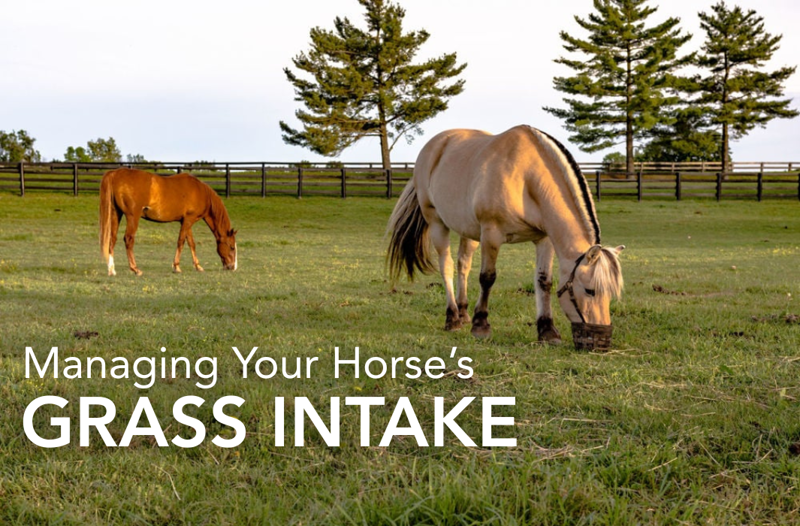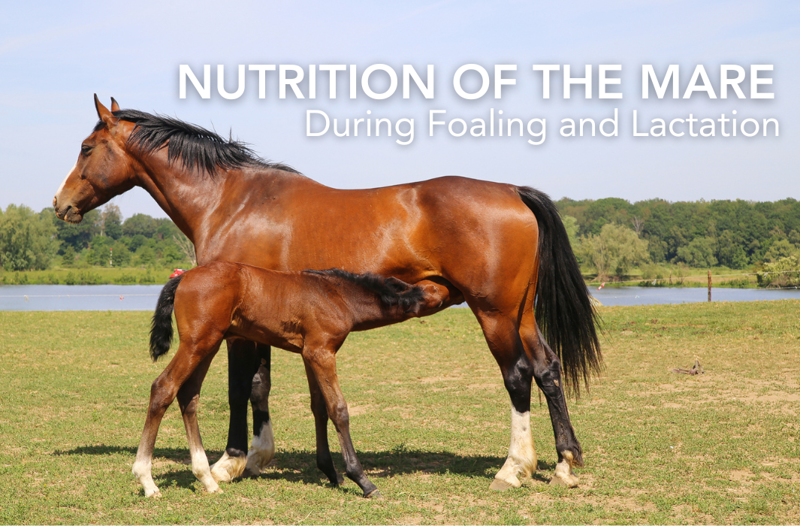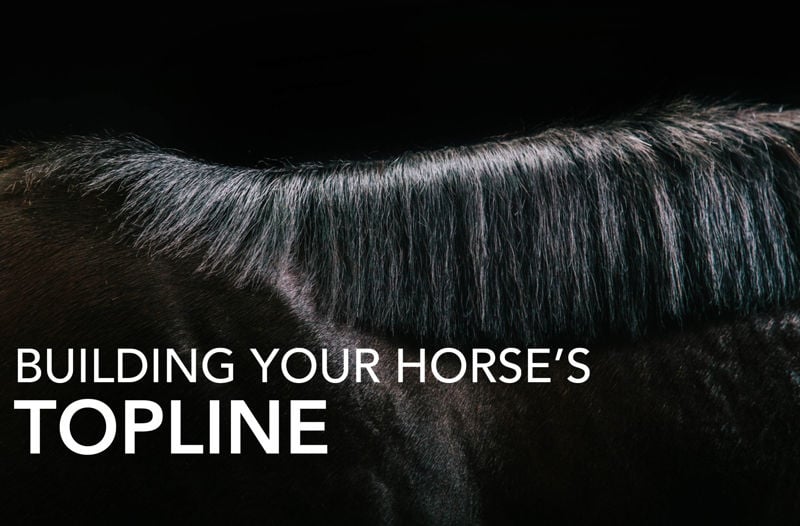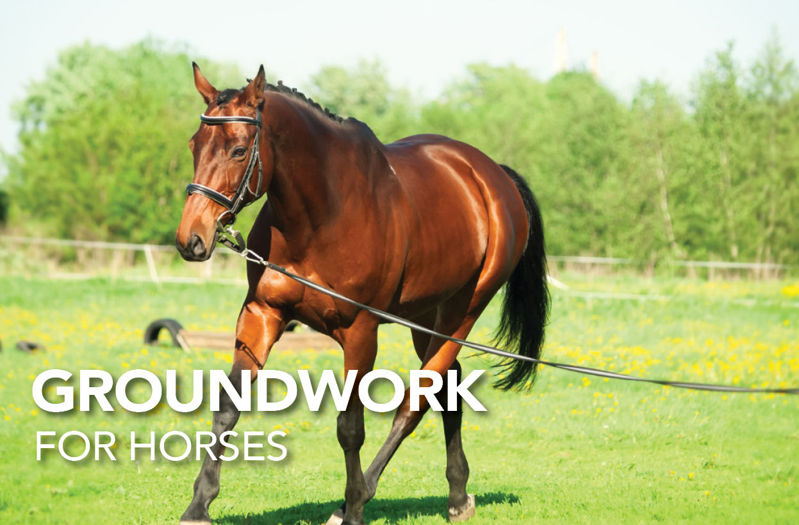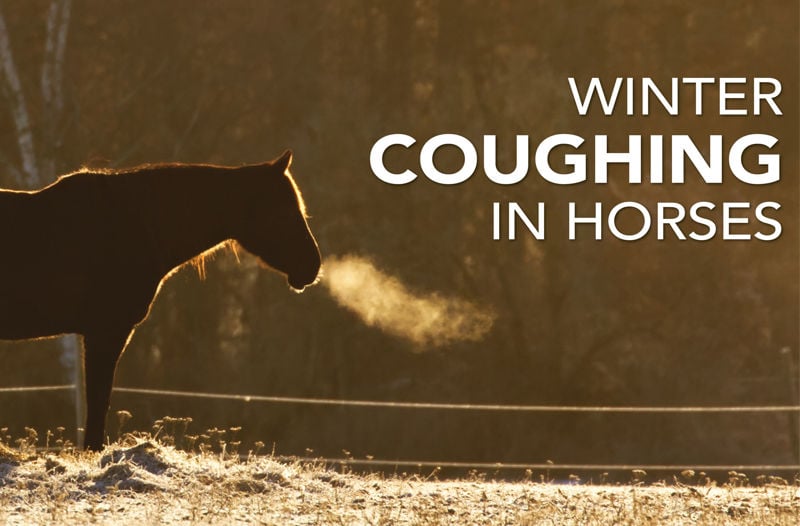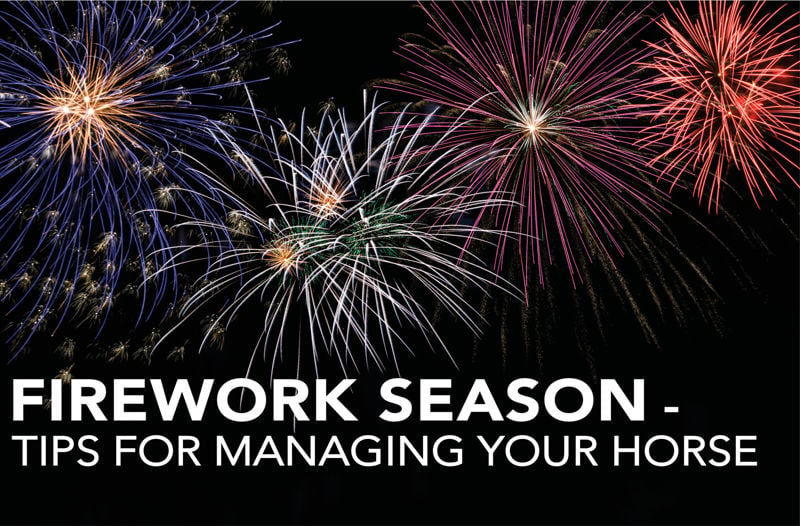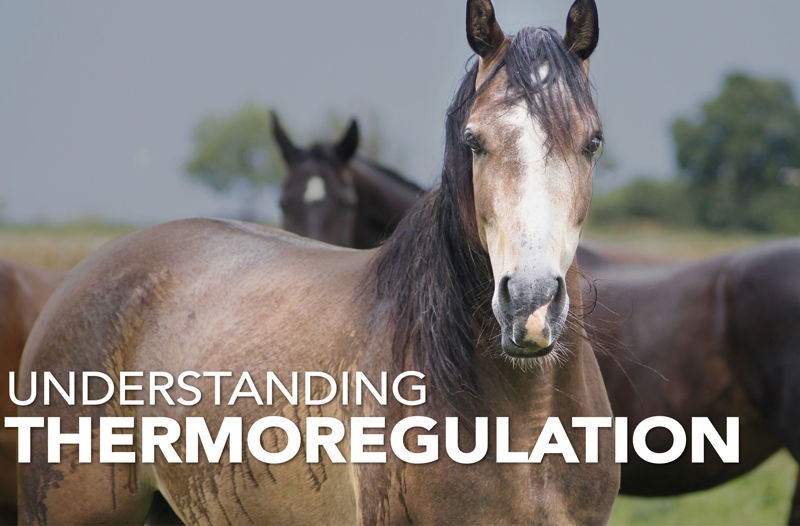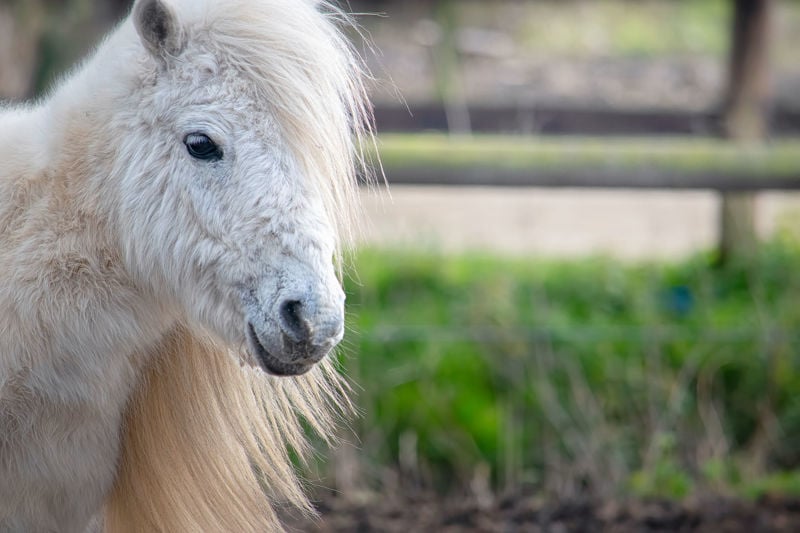How do you safely restrict the diet of your good doer? Our Registered Nutritionists share the things that need to be remembered when placing your good doer on a diet.
Filters
Blog Options
Blog archive
- 2026
- 2025
- 2024
- 2023
- 2022
- 2021
- 2020
- 2019
- 2018
- 2017
- 2016
- 2015
Close
45 YEARS AT THE CENTRE OF EQUINE NUTRITION™

- Bespoke All-in-One™
-
Products
- Back
- Horse Joint Supplements
- Horse Digestion Supplements
- Horse Muscle Supplements
- Horse Vitamins & Minerals
- Horse Calming Supplements
-
Horse Respiratory Supplements
- Back
- Clarity®
- Horse Hoof Supplements
- Horse Skin & Coat Supplements
- Horse Health Supplements
- Supplements for Older Horses
- Horse Breeding Supplements
-
Horse Hormone Supplements
- Back
- Hormonease™
- Horse Treats
-
Herbs for Horses
- Back
- Boswellia
- Burdock Root
- Celery Seed
- Chamomile
- Chastetree Berry
- Cider Apple Vinegar
- Cinnamon
- Clivers
- Comfrey
- Dandelion Roots & Leaves
- Devil's Claw
- Echinacea
- Fenugreek Seeds
- Fussy Feeder
- Garlic Powder
- Hawthorn
- Hedge Herbs
- Liquorice
- Marigold Flowers
- Marshmallow Root
- Meadowsweet
- Milk Thistle Seeds
- Mint
- Nettle
- Rosehips
- Seaweed
- Slippery Elm
- Spirulina
- Turmeric
- Yucca
- Canine
- Gift Cards / Rewards
- ABOUT US
- Contact Us
- Knowledge base
Menu
-
Products
- Back
- Horse Joint Supplements
- Horse Digestion Supplements
- Horse Muscle Supplements
- Horse Vitamins & Minerals
- Horse Calming Supplements
-
Horse Respiratory Supplements
- Back
- Clarity®
- Horse Hoof Supplements
- Horse Skin & Coat Supplements
- Horse Health Supplements
- Supplements for Older Horses
- Horse Breeding Supplements
-
Horse Hormone Supplements
- Back
- Hormonease™
- Horse Treats
-
Herbs for Horses
- Back
- Boswellia
- Burdock Root
- Celery Seed
- Chamomile
- Chastetree Berry
- Cider Apple Vinegar
- Cinnamon
- Clivers
- Comfrey
- Dandelion Roots & Leaves
- Devil's Claw
- Echinacea
- Fenugreek Seeds
- Fussy Feeder
- Garlic Powder
- Hawthorn
- Hedge Herbs
- Liquorice
- Marigold Flowers
- Marshmallow Root
- Meadowsweet
- Milk Thistle Seeds
- Mint
- Nettle
- Rosehips
- Seaweed
- Slippery Elm
- Spirulina
- Turmeric
- Yucca
- Canine
- Gift Cards / Rewards
- ABOUT US
- Contact Us
- Knowledge base
Dr. Stephanie Hyland BSc (Hons)
 Call Stephanie Hyland MSc RNutr. or
Call Stephanie Hyland MSc RNutr. or
Sophie Pelham Burn MMedSci ANutr.
on 0800 585525 for
free qualified equine nutrition advice
 Call Stephanie Hyland MSc RNutr. or
Call Stephanie Hyland MSc RNutr. or
Sophie Pelham Burn MMedSci ANutr.
on 0800 585525 for
free qualified equine nutrition advice
Blog posts tagged with 'horses'
What can you do to support your veteran horse or pony? Our Nutritionist shares some helpful and vital tips to help you care for your golden oldies and optimise their well-being.
Feedmark's Nutritionist investigates the ways in which you can manage your horse's grass intake...
Feedmark's Nutritionist explores the nutritional requirements of the broodmare during foaling, and how this changes once the foal is born.
Strengthening your horse’s topline is crucial for maintaining optimal condition, supporting flexibility, and promoting long-term health. Balanced nutrition and targeted exercises can help build and maintain a strong topline in horses.
During winter, with dark nights and cold, icy, or snowy weather, keeping your horse fit and entertained through ridden work can be a challenge. So, here's our reminder to not forget about groundwork - it’s a versatile and effective tool to keep your horse engaged and active even in the toughest conditions!
Does your horse have a winter cough? Our Registered Nutritionist discusses why your horse may be coughing this winter, and ways to manage it.
Firework celebrations often negatively impact animals and cause stress for owners. They are generally associated with loud bangs, sudden beams of light and burning smells, all of which can cause fear, distress and trigger the flight-or-fight responses in horses, dogs and many other animal species.
Autumn and winter months bring cold and wet weather to the UK which means management and routine changes for our horses. With the temperatures dropping, worries about how to keep horses warm and how to prevent unwanted weight loss start to creep in.
Dr. Stephanie Wood explains how the Feedmark team create your horse's Bespoke All-In-One™ to make a truly personalised formulation.
Feedmark's Director of Science and Nutrition, Dr. Stephanie Wood, takes a look prohibited substances and how we can reduce the risk of our horses consuming them.
Dr. Stephanie Wood discusses Pituitary pars intermedia dysfunction (PPID) and the effects on equids.
Copyright © 2026 Feedmark Ltd. All rights reserved.
Feedmark, Harleston, IP20 0NY
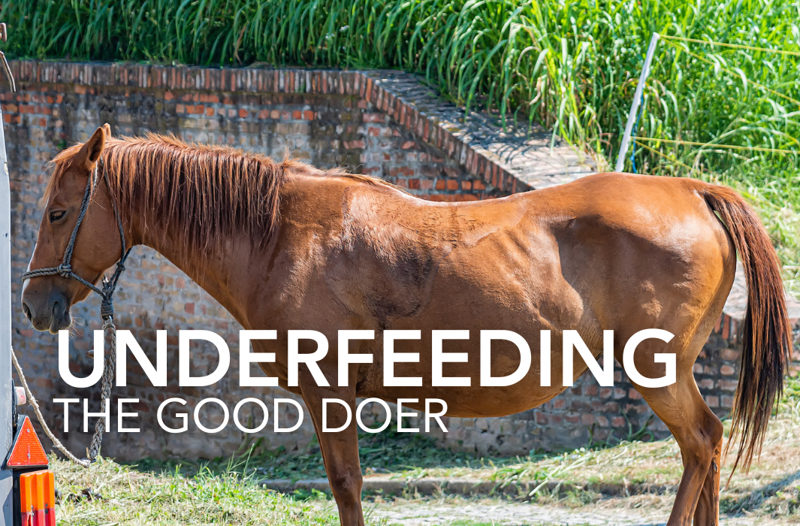
_800.png)
